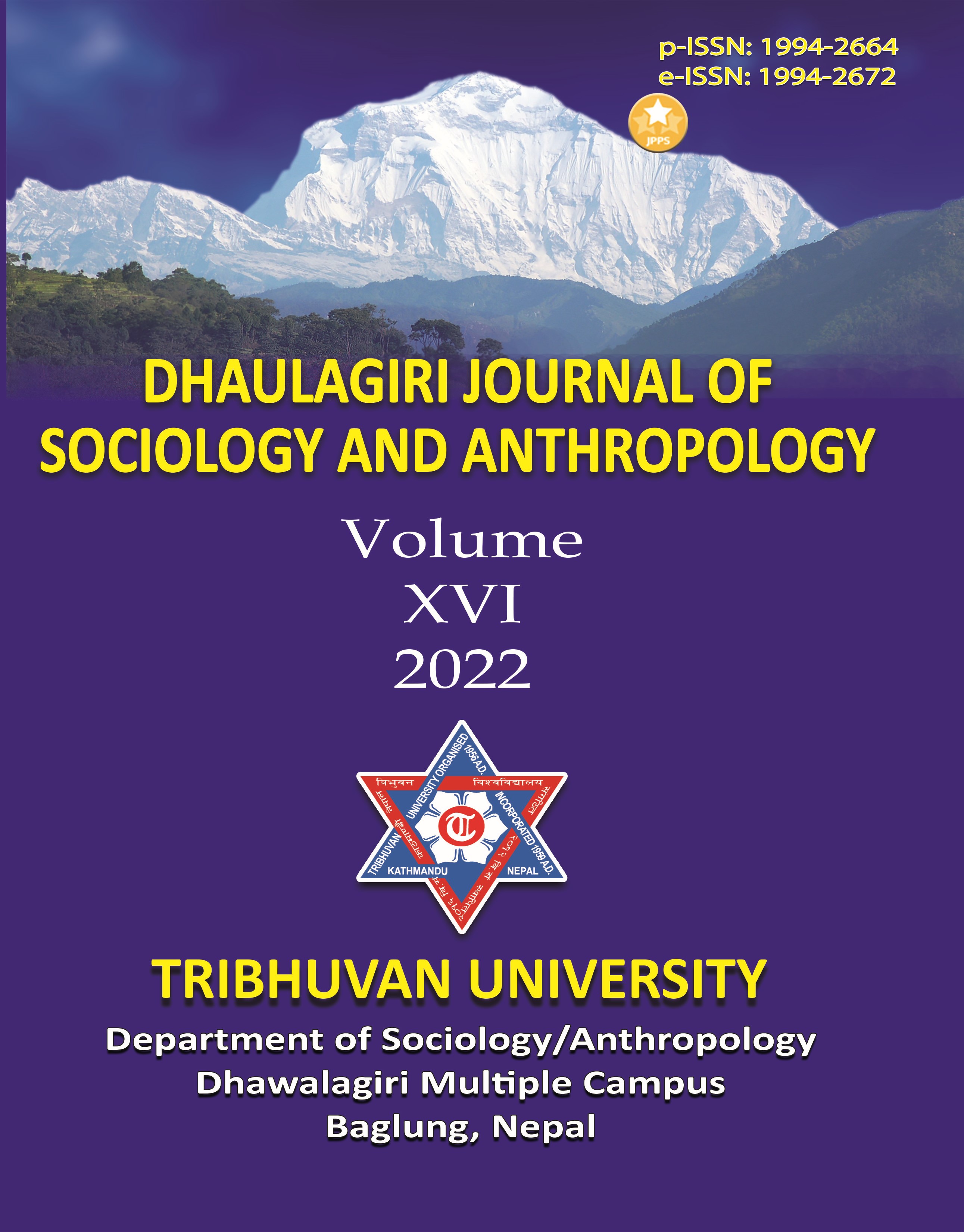Labor Policy in Nigeria: Evolution, Trends and Implications for Industrial Relations
DOI:
https://doi.org/10.3126/dsaj.v16i01.50937Keywords:
industrial relations, labor policy, Nigeria, strike, trade unionsAbstract
This theoretical paper examines how Nigerian governments (Military and Democratic) over the years, have intervened in industrial relations through the promulgation of various labor decrees/laws since the inception of trade unionism in Nigeria. Relying on secondary materials, the paper takes a look at the various labor policies/enactments, the philosophy behind their promulgation, and also the effects on the Nigerian industrial relations set-up. Focusing on the major provisions of the 2005 labor policy, and using the pluralist and conflict perspectives and trade unions in two vital sectors of the economy, (Education and Health) as case studies, the paper argues that the current labor policy is an attempt to destabilize and weaken trade unions and that the current pattern in Nigeria’s industrial relations can be seen in the context of systemic tension and contradiction, a situation which arises as a result of the survival strategists adopted by all stakeholders in the industrial relations context and system. The paper concludes that as a partner in the tripartite relationship, trade unions have important roles to play in the management of the economy, and the Nigerian government should adopt a sustainable tripartism that would benefit from the practice of an ideology of social engagement and open willingness for others to share in its responsibility.
Downloads
Downloads
Published
How to Cite
Issue
Section
License
Copyright (c) 2022 Samuel Ayodeji Omolawal

This work is licensed under a Creative Commons Attribution-NonCommercial-ShareAlike 4.0 International License.




